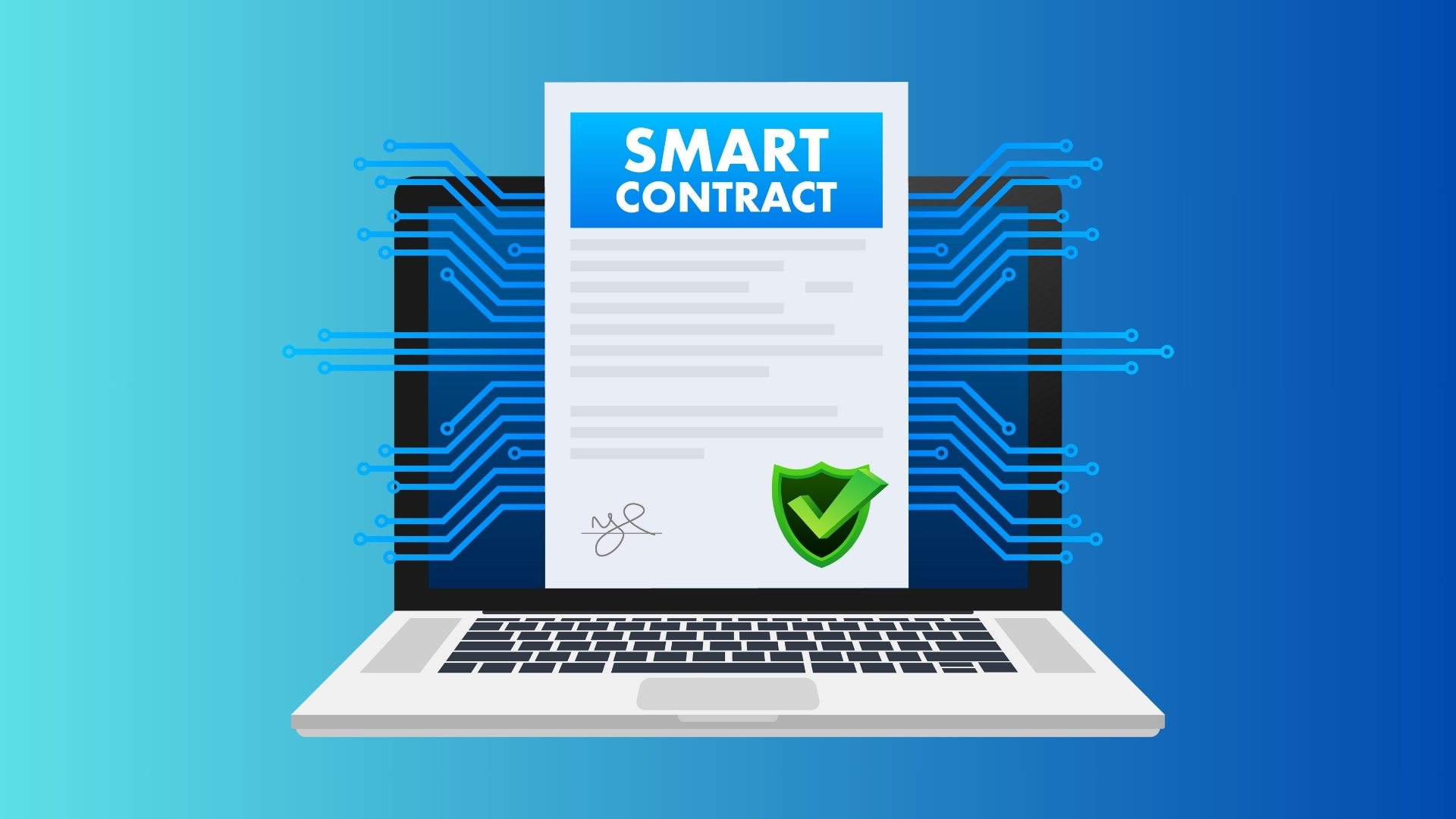What are Smart Contracts
Understanding Smart Contracts: Definitions & Functionality
A smart contract is a self-executing contract defined by computer program code, stored and executed on a blockchain. Unlike traditional contracts, which rely on written agreements between parties, smart contracts automate and enforce the terms of an agreement through code.
Elements of Traditional vs. Smart Contracts
Traditional Contracts:
- Involve agreements between parties to exchange promises or services.
- Include multiple terms and conditions such as timing of exchanges and contract voiding criteria.
- Commonly used for loans, employment agreements, etc., resulting in lengthy documents.
Smart Contracts:
- Executed via computer programming code on a blockchain.
- Immutable once deployed, ensuring transparency and tamper resistance.
Origin and Development of Smart Contracts
Coined by Nick Szabo in the 1990s, a lawyer and computer scientist. Szabo described smart contracts as “a set of promises, specified in digital form, including the protocols within which the parties perform on these promises.”
Smart contracts operate on “if-then” logic, automating transactions based on predefined conditions.
Vending Machine Analogy
Szabo likened smart contracts to a vending machine, illustrating how they operate based on predefined conditions, much like the automated actions of a vending machine when a user inserts money:
- Concept: In a vending machine, the process is straightforward and automated.
- Condition: If a person inserts the correct amount of money (e.g., $1),
- Action: Then the machine dispenses the selected item (e.g., a snack or a drink).
Similarly, smart contracts are programmed to execute predefined actions when specific conditions are met. This analogy helps simplify the understanding of smart contracts as self-executing agreements based on digital protocols, ensuring transparency and autonomy in transactions without the need for intermediaries.
Advantages and Applications of Smart Contracts
Advantages
- Efficiency: Automates contract execution, reducing reliance on intermediaries.
- Transparency: Operations are visible on the blockchain, enhancing trust.
- Security: Immutable code prevents tampering or fraud.
Applications
- Finance (e.g., automated payments)
- Supply chain (e.g., tracking goods)
- Legal (e.g., verifying identities)
Conclusion
Smart contracts leverage blockchain technology to revolutionize contract execution by automating and enforcing agreements through computer code. Originating from Nick Szabo’s concept, smart contracts offer efficiency, transparency, and security across various industries and use cases.
Free Blockchain Course


